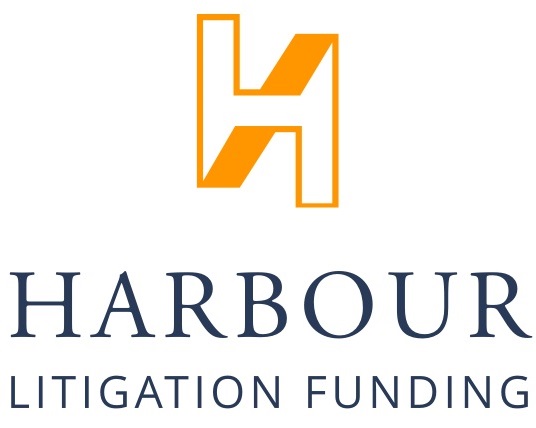19 May, 2017
During our conversations about Third Party Funding(TPF) in the Asia Pacific region, some concerns were raised. With new inexperienced funders entering the litigation funding market it is – more than ever – important to work with professional funders. Ruth Stackpool-Moore, Director of Litigation Funding / Head of Harbour Hong Kong, takes the hot seat to alleviate these concerns.
TPF encourages unmeritorious claims.
This is a misconception we hear often, but we don’t back cases we don’t think will win. If a case is unsuccessful, we lose our investment and therefore it is not in our interest to fund cases that we don’t think will win. The merits of the case need to be supported by strong legal opinions and the litigation or arbitration needs to be led by experienced lawyers who are specialist in the practice area(s) required to win the case.
There is a risk that funders pull out or become insolvent during the proceedings.
It is important to work with funders who can demonstrate experience in both funding as well as litigation. The Harbour team’s track record in both enables Harbour to deal with issues as and when they arise – as they inevitably do in the unpredictable world of litigation. This o ers the claimant and their lawyers peace of mind. In addition, the Harbour Funds have over £400m of committed capital, and as soon as funding has been approved, the entire budget is immediately set aside and protected from day one. Harbour is also a founding member of the Association of Litigation Funders, the UK regulatory body responsible for litigation funding, and abides by its Code of Conduct which regulates the limited circumstances where a funding agreement can be terminated and requires funders to maintain a certain level of capital adequacy.
The administration of justice is taken out of the hands of the claimants and its course determined instead by nanciers who trade legal claims as commodities.
Once funding has been agreed Harbour does not control the litigation: the claimant and its lawyers will run it in the same way as they would without funding. Once the investment agreement has been signed, we are committed to the claim.
Cases which would otherwise have not run will be given a new lease on life.
The Harbour Funds can give a case a new lease of life in the sense that the claimant(s) did not have the money to pay for the legal costs and through funding get(s) access to justice, but only after we thoroughly examine the case and believe it will succeed.
The aggression with which some cases are pursued because of the perceived need to deliver a return for the funder.
We agree the return beforehand and do not interfere with how the litigation is run.
Conflict of interest: settle or proceed?
Harbour is of the view that settlement should be considered at all times if it is in the best interest of the claimant, not necessarily just before trial or as a tick box exercise. Our pricing process, agreed upfront with the claimant, includes discussions regarding their settlement expectations. The pricing is set out clearly in the funding agreement, so the claimant can easily calculate its return at any stage of the proceedings. Ultimately the decision whether to settle or proceed rests with the claimant and its legal team.
Negotiating the percentage share of proceeds would be a major commercial concern.
We agree the cost of funding based on the risks, the size and length of the case before the case is signed up. From the claimant’s perspective: (s)he will have to assess the share of proceeds element versus the bene t of being able to run the litigation at all and not having to repay our investment if the case is lost.
Competing interests may have undue in uence on the case and arbitration proceedings.
The Harbour Funds only pay the costs of legal representation for a case. The claimant retains control and is permitted to run the litigation in exactly the same way as if they were paying the bills. While we are happy to provide input from our considerable funding and litigation experience, we are not the decision-maker.
The funder gets access to privileged, sensitive and con dential. Is that OK?
We sign a con dentiality and common interest agreement with the claimant before any documents are shared, any discussions prior to this would be on a strict no names basis. We adopt the same approach to con dentiality as a lawyer with his client.
Disclosure of TPF.
Where disclosure is discretionary, it remains a decision of the funded party but we usually recommend disclosure of the name and involvement of the funder.
Any advice?
We understand why the concerns raised above play on people’s mind, especially if they have not worked with funders yet. We recommend that any party interested in obtaining funding talks to professional funders and ask key questions:
have you got the funds already, how and when will you pay legal costs,
do you interfere with litigation?
It is vital to bring up any other concerns at the outset and only proceed if the answers are satisfactory.
For further information, please contact:
Ruth Stackpool-Moore, Harbour
ruth.sm@harbourlf.com

.jpg)





